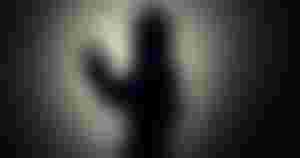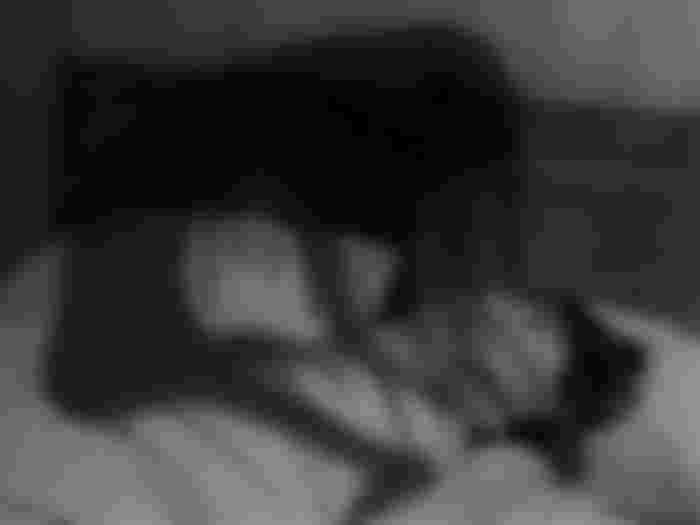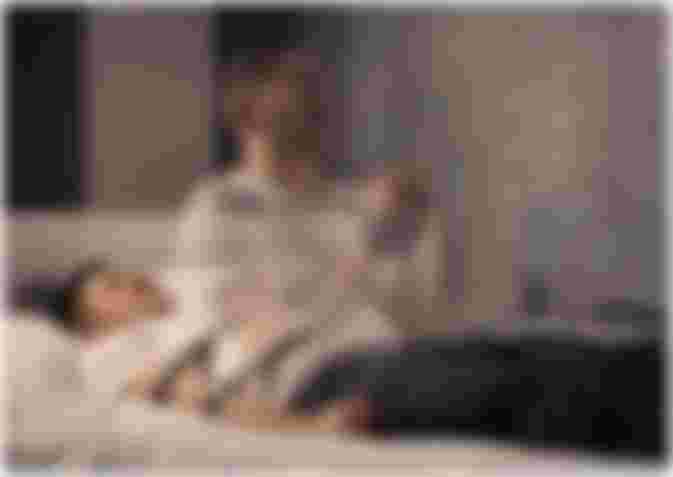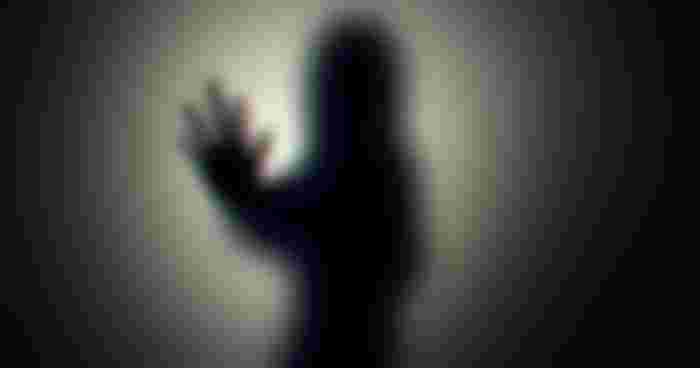Shadow people are a myth
This post will explore the “shadow people” phenomenon and why this is more likely to be an imagined story than something supernatural. Made me think twice about the things that I have been doing to my body as well for the past years... So hopefully, I could somehow shed light to most of my readers an idea, and at least how you could take care of yourself.

Most of us have heard a story about a person waking up in the middle of the night due to feeling as someone was sitting on their chest. A common question that arises from these stories is, “Is it possible that I am not alone in my room?” The answer to this question may surprise you and help explain why many believe they see shadow people. Scientists agree that sleep paralysis occurs when your brain slows down just before you go into REM (Rapid Eye Movement) sleep or in-between states of consciousness, which can lead to hallucinations. When you can't move, your brain starts seeing things that are not there and erroneous memory is created.
One can clearly see evidence of sleep paralysis, which is why it is so prevalent in those with narcolepsy. The more common hallucination experienced during sleep paralysis is the belief that someone or something is sitting on your chest. (I have gone through this myself.) I am going to go in-depth about the history of sleep paralysis as well as the research concerning why this happens.
In the 19th century, doctors observed that some people had an extremely difficult time sleeping because they were having highly vivid dreams while sleeping. They considered these individuals to be suffering from sleep paralysis, a temporary inability to move or speak. They thought that at night, the brain was making it hard to breathe and that this was why the person would wake up with a feeling as if someone were sitting on their chest.

In 1919, Sigmund Freud believed that sleep paralysis was caused by dreams. He thought that there are monsters in our subconscious and they would take over our bodies and cause us to become paralyzed while asleep. He believed that people could become possessed by dreams and as a result, these individuals would stop breathing when they woke up. The history of sleep paralysis is full of theories from religion and science about what causes it. For example, one theory is that sleep paralysis is a demon. In most ancient cultures, demons were blamed for this phenomenon. A name for this demon was “Marduk” and the word comes from the Babylonian language.
In many cultures, it was believed that sleep paralysis was a warning sign from god. It was believed that you must have done something wrong or evil before falling asleep resulting in your inability to move and the feeling as if someone were sitting on your chest or back. If you slept with another person, they could also be spotted during the night. The most common person that is seen is a witch or sorcerer sitting on your chest. Many people who believe they experience supernatural events often blame witches, demons, and “shadow people.” However, this irrational behavior is the result of nightmares, hallucinations, and sleep paralysis all combined together.
In our current time period, there are still some scientists who consider sleep paralysis to be a very serious phenomenon. Some theories claim that it can lead to schizophrenia or other psychological disorders. It has been found that those with narcolepsy have had better sleep quality than the general public. However, there is a correlation between excessive daytime sleepiness and sleep paralysis. Researchers have found that narcolepsy patients who have sleep paralysis are more likely to have an increased risk of anxiety, panic disorder, and depression.
Other studies suggest that those who experience sleep paralysis are not more likely to experience hallucinations at night or anxiety during the day. Instead, they are more likely to experience mood disorders like schizophrenia or depression as well as panic attacks during the day. They suggest that those with anxiety disorders and mood disorders may be more easily triggered by stimuli such as stress, lack of sleep, physical exhaustion, or drug use.
Another research study showed that sleep paralysis can be a sign of severe depression or schizophrenia. The subjects reported being more anxious throughout the day and their social and occupational functioning was evaluated to be less effective. However, they did not report hallucinations during the night or hallucinations while awake. They did seem to recall dreams more often during REM sleep, which most people do.
Sleep paralysis is not associated with body temperature or breathing problems. It has been shown that those who have had sleep paralysis in the past are more likely to experience nightmares and nightmares include scenes from their past experience with sleep paralysis. The subject may not remember much at all from that night, but the nightmares included vivid images and memories of their past experience with sleep paralysis.

There is also a rare form of sleep paralysis that does not depend on the brain slowing down just before you go into REM sleep. This condition is called “somnambulistic” sleep paralysis. Somnambulistic sleep paralysis occurs when you suddenly become paralyzed and cannot move during the day or night. You will be awake, but unable to move and your body temperature will stay normal. This phenomenon often happens immediately after waking up in the night or having a very vivid dream early in the morning (called REM rebound).
Somnambulistic sleep paralysis is very difficult to treat. Most of the time, it does not have any medical significance and is considered a nuisance issue. However, for those who experience these events over and over again, it may be a sign of narcolepsy or another kind of sleep disorder. If you want to learn more about this phenomenon or you are experiencing these symptoms, it is important that you consult your doctor or go see a sleep specialist right away.




